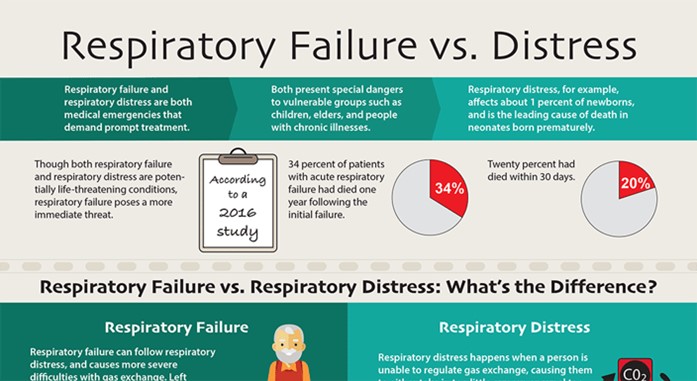A nurse is caring for a client who has hypovolemic shock. Which of the following should the nurse recognize as an expected finding?
Hypertension
Bradypnea
Oliguria
Flushing of the skin
The Correct Answer is C
Choice A Reason: This is incorrect because hypertension is a condition of high blood pressure. A client who has hypovolemic shock is more likely to have hypotension, which is a condition of low blood pressure, due to fluid loss and reduced cardiac output.
Choice B Reason: This is incorrect because bradypnea is a condition of slow breathing. A client who has hypovolemic shock is more likely to have tachypnea, which is a condition of fast breathing, due to hypoxia and increased respiratory demand.
Choice C Reason: This is correct because oliguria is a condition of low urine output. A client who has hypovolemic shock may have oliguria due to decreased renal perfusion and activation of the renin-angiotensin-aldosterone system, which causes sodium and water retention.
Choice D reason: This is incorrect because flushing of the skin is a condition of redness and warmth of the skin. A client who has hypovolemic shock may have pallor and coolness of the skin due to vasoconstriction and reduced blood flow.
Nursing Test Bank
Naxlex Comprehensive Predictor Exams
Related Questions
Correct Answer is A
Explanation
Choice A Reason: This is correct because a client who is short of breath is in immediate danger, as it indicates a possible respiratory compromise or failure. The nurse should assess the client's oxygen saturation, respiratory rate, and lung sounds, and provide oxygen therapy as needed.
Choice B Reason: This is incorrect because a client who received oral pain medication 30 min ago is not in immediate danger, as it indicates that the client's pain has been managed and the medication has had time to take effect.
Choice C Reason: This is incorrect because a client who is scheduled for an abdominal x-ray and is awaiting transport is not in immediate danger, as it indicates that the client's condition is stable and the diagnostic test is not urgent.
Choice D Reason: This is incorrect because a client who has a prescription for discharge is not in immediate danger, as it indicates that the client's condition has improved and the client is ready to leave the hospital.

Correct Answer is ["24"]
Explanation
- To find the concentration of heparin in the solution, divide the amount of heparin by the volume of D5W: 25,000 units / 500 mL = 50 units/mL
- To find the infusion rate, divide the prescribed dose by the concentration: 1,200 units/hr / 50 units/mL = 24 mL/hr
- Round the answer to the nearest tenth/whole number: 24 mL/hr
Whether you are a student looking to ace your exams or a practicing nurse seeking to enhance your expertise , our nursing education contents will empower you with the confidence and competence to make a difference in the lives of patients and become a respected leader in the healthcare field.
Visit Naxlex, invest in your future and unlock endless possibilities with our unparalleled nursing education contents today
Report Wrong Answer on the Current Question
Do you disagree with the answer? If yes, what is your expected answer? Explain.
Kindly be descriptive with the issue you are facing.
